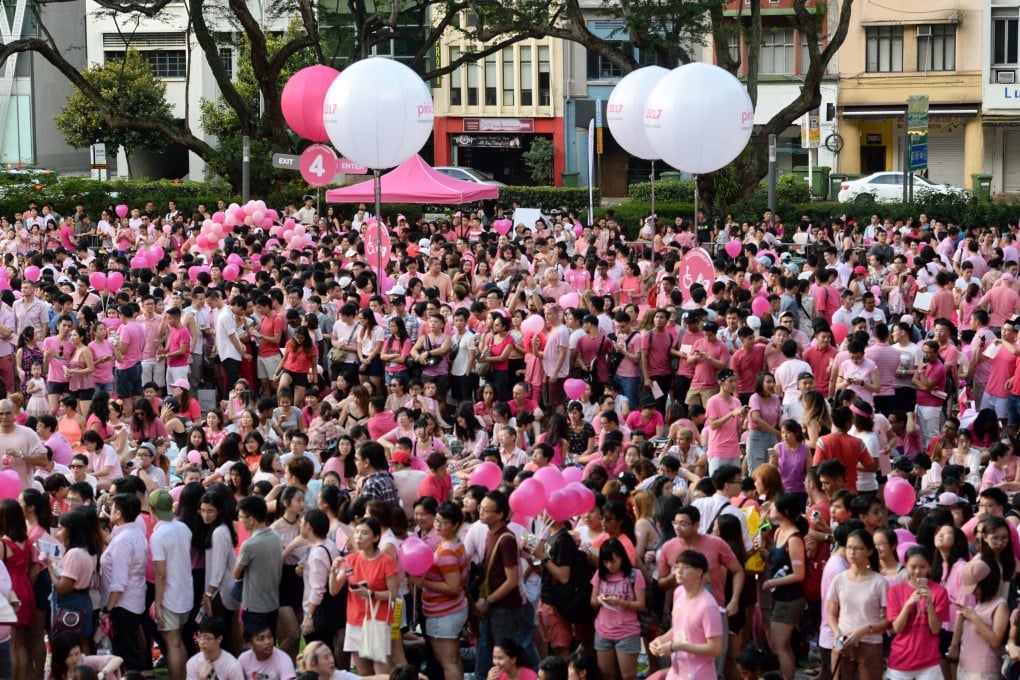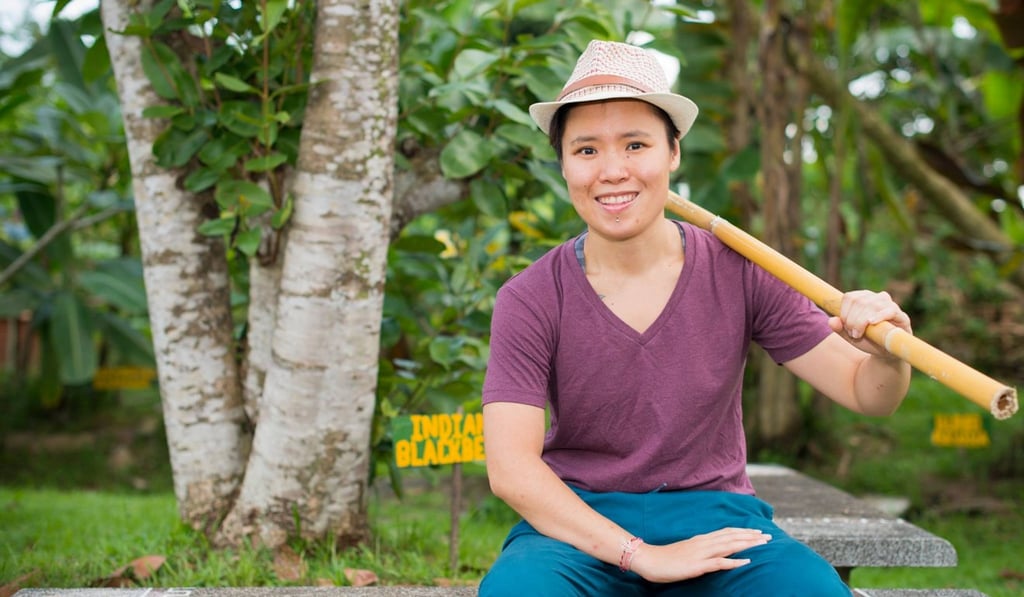Advertisement
Pink Dot: how Singapore’s LGBT movement became a ‘tangible force’ where others struggle to survive
- Despite opposition, Singapore’s annual Pink Dot rally has not only managed to survive for more than a decade, its crowd numbers keep growing
- This year’s rally, its 11th edition, will be held on June 29
Reading Time:4 minutes
Why you can trust SCMP

Dewey Simin Beijing
It was an obvious choice for Manda Foo when she was asked to sign a pledge in April to reduce discrimination faced by the lesbian, gay, bisexual, transgender and queer (LGBTQ) community in Singapore.
The founder of education and events company Bollywood Adventures said: “As a business that believes in being inclusive, it was a no-brainer for us.”
We have never discriminated against people based on their sexual orientation.”
Advertisement
Foo is among 17 companies, including Dell and Spa Esprit Group, that have signed the so-called Inclusive Business Pledge.

Advertisement
The pledge – a collaboration between Singapore’s LGBTQ movement Pink Dot and social enterprise Be Inclusive – is part of 10 changes the movement is calling for as it marks its 11th edition on June 29.
Other changes include having more positive and uncensored portrayals of LGBTQ people in mainstream media and repealing Section 377A of the Penal Code, which criminalises sex between men.
Advertisement
Select Voice
Choose your listening speed
Get through articles 2x faster
1.25x
250 WPM
Slow
Average
Fast
1.25x